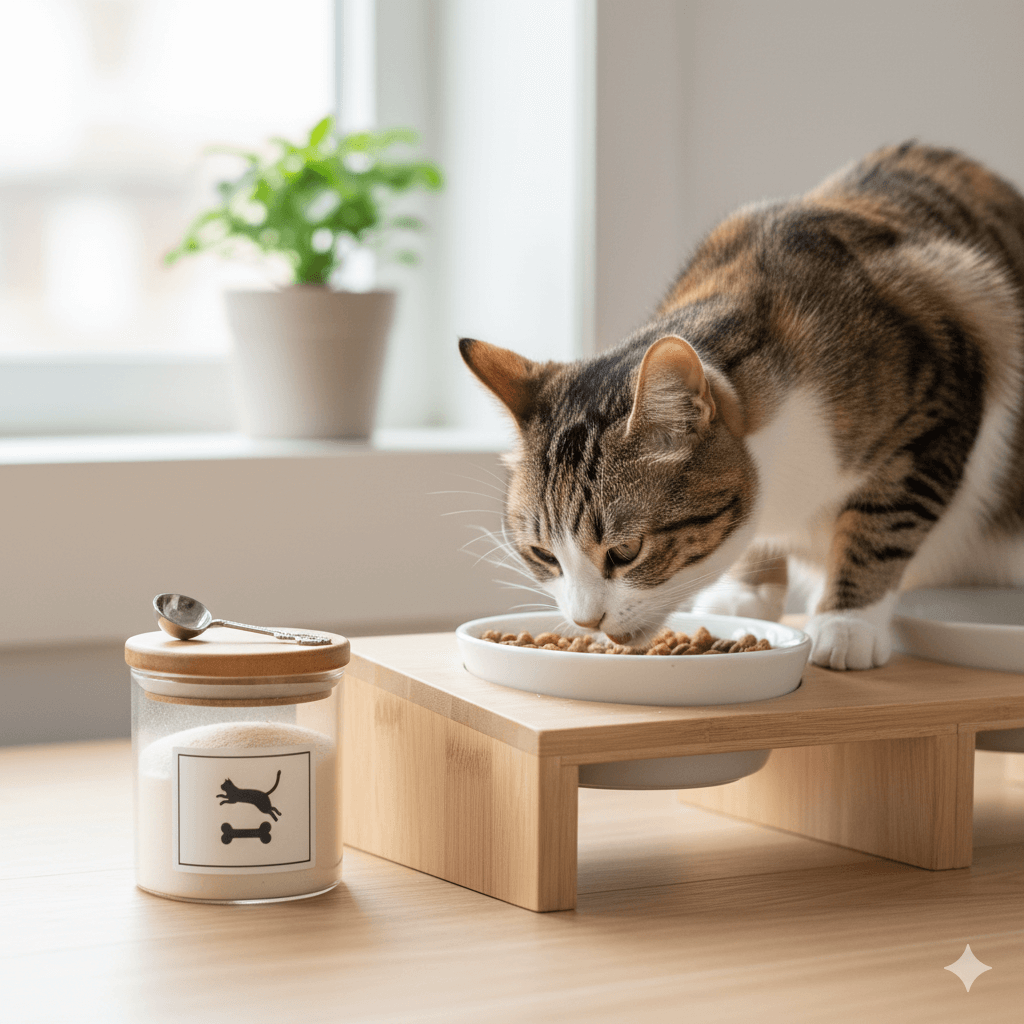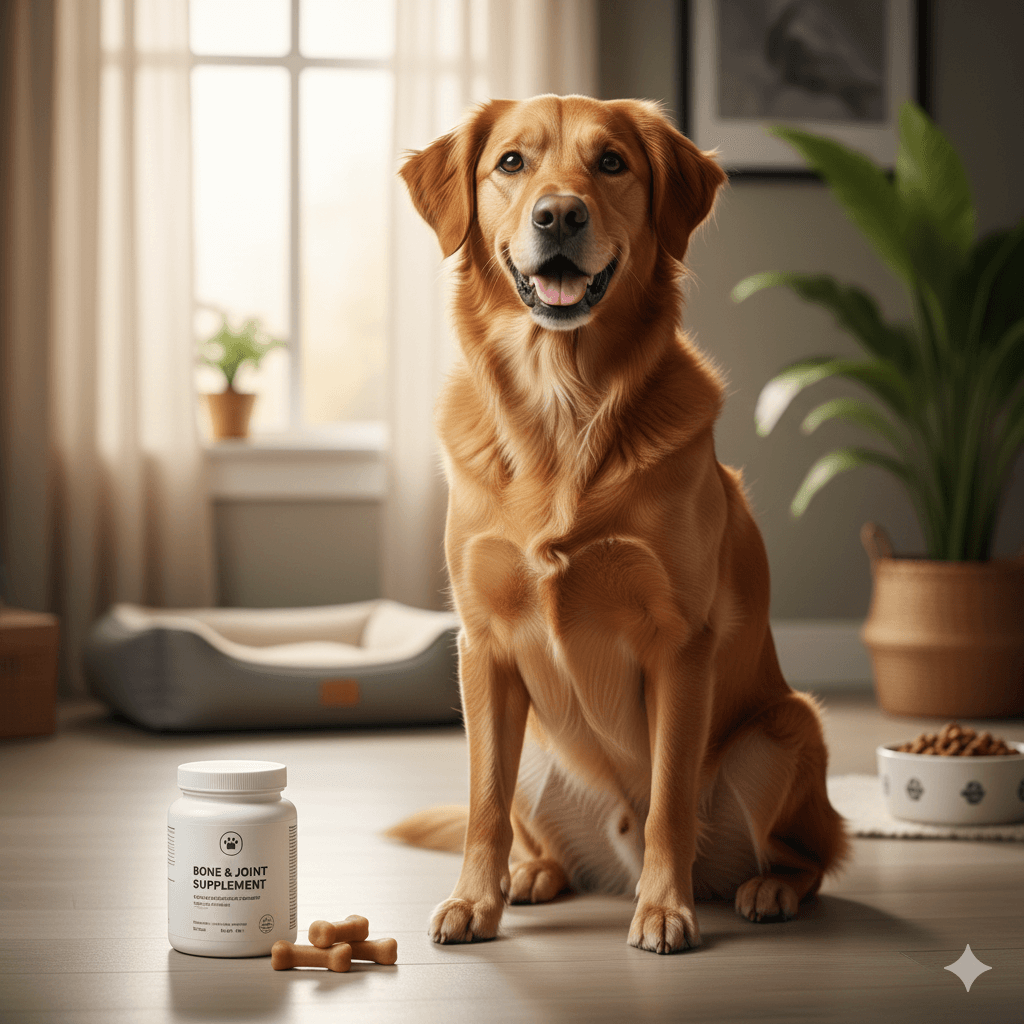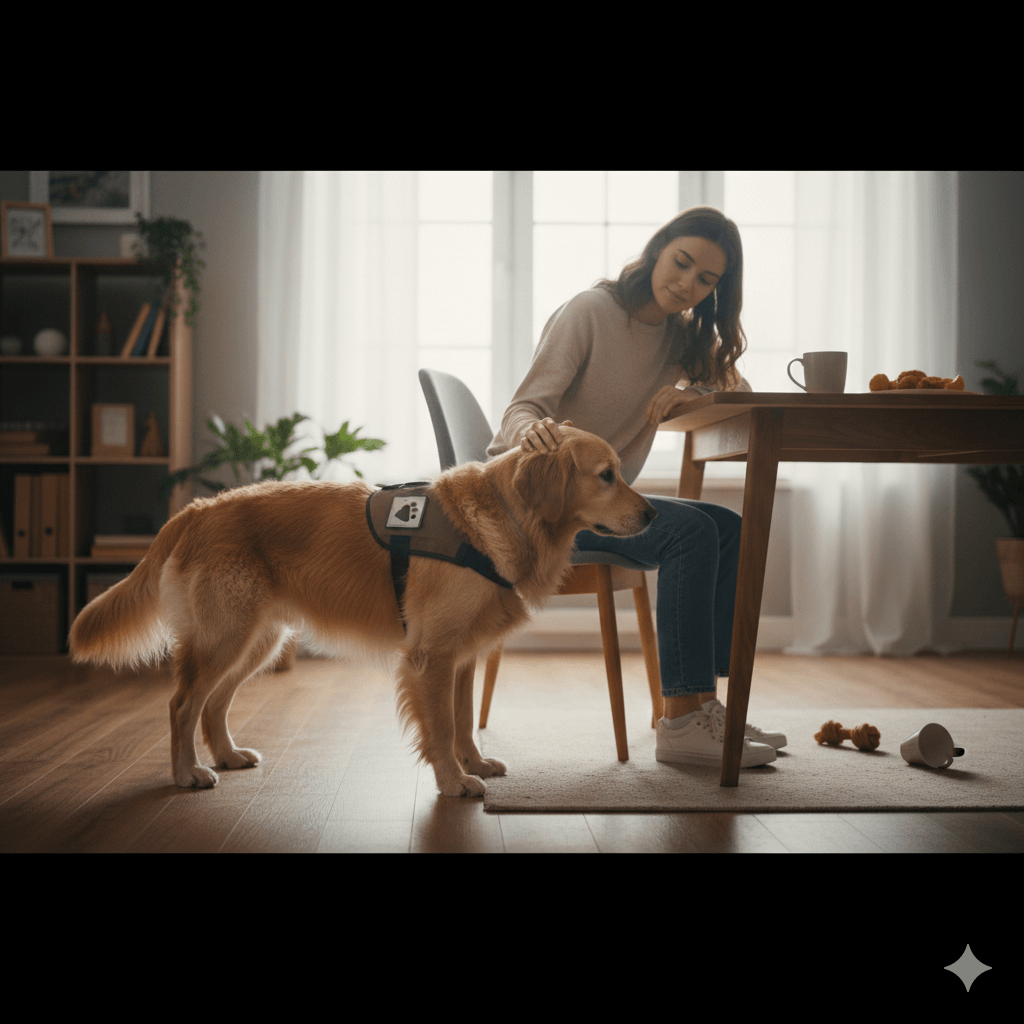How to Tell if a Dogs Anal Glands Are Full: Signs, Solutions, and Prevention
Anal gland issues are a common but often overlooked concern for dog owners. These small sacs, located on either side of your dog’s anus, play an important role in marking territory and lubricating stool. However, when they become full or impacted, it can lead to discomfort, pain, and even infections. Knowing how to tell if your dog’s anal glands are full is essential for their health and well-being. In this article, we’ll explore the signs of full anal glands, what causes them to become problematic, and how you can address and prevent these issues. By understanding this aspect of canine care, you’ll be better equipped to keep your furry friend comfortable and happy.
Recognizing the Warning Signs: How to Identify Full Anal Glands
Dogs can’t tell us directly when something is wrong, so it’s up to us to notice changes in their behavior or physical condition. When anal glands are full, there are several telltale signs that indicate your dog needs attention. Here’s what to look for:
Scooting Across the Floor :
A dog dragging their bottom along the ground is often trying to relieve pressure from full anal glands.Excessive Licking or Biting :
Persistent licking or biting around the anal area signals irritation or discomfort.Foul Odor :
A strong, fishy smell near your dog’s rear end may indicate leaking or impacted anal glands.Swollen or Red Skin Around the Anus :
Visible inflammation or redness suggests irritation caused by full glands.Difficulty Defecating :
Straining during bowel movements can be a sign of blocked or inflamed anal glands.
These symptoms should not be ignored, as untreated anal gland issues can lead to more serious problems like abscesses or infections. Early intervention is key to keeping your dog comfortable.
Understanding the Root Causes: Why Do Anal Glands Become Full?
Several factors contribute to anal glands becoming full or impacted. Identifying the underlying cause can help prevent recurring issues and improve your dog’s quality of life. Here are some common reasons why anal glands fill up:
Soft or Irregular Stool :
Diarrhea or soft stools don’t provide enough pressure to naturally empty the glands.Obesity :
Excess weight can compress the anal glands, making it harder for them to express naturally.Poor Diet :
Low-fiber diets may result in stools that lack the firmness needed to stimulate gland expression.Genetics :
Some breeds, such as small dogs or those prone to allergies, are more susceptible to anal gland problems.Lack of Exercise :
Reduced activity levels can slow digestion and affect normal gland function.
Addressing these root causes can significantly reduce the likelihood of recurring anal gland issues. A balanced diet, regular exercise, and proper grooming all play a role in prevention.
Check this guide 👉Diet for Healthy Anal Gland Expression in Dogs: Best 7 Tips!
Check this guide 👉Dog Ruptured Anal Gland Abscess Treatment Cost: Best 7 Tips!

Signs of Full Anal Glands | Possible Causes |
|---|---|
Scooting across the floor | Soft or irregular stool |
Excessive licking or biting | Obesity |
Foul odor | Poor diet |
Swollen or red skin around the anus | Genetics |
Difficulty defecating | Lack of exercise |
Taking Action: What You Can Do to Relieve Your Dog’s Discomfort
If you suspect your dog’s anal glands are full, there are steps you can take to alleviate their discomfort. While some solutions require professional assistance, others can be managed at home. Here’s what you can do:
Consult Your Veterinarian :
A vet can safely express the glands and check for signs of infection or abscesses.Increase Fiber Intake :
Adding fiber-rich foods like pumpkin or sweet potatoes to their diet can promote firmer stools.Encourage Regular Exercise :
Physical activity supports healthy digestion and reduces the risk of gland impaction.Monitor Weight :
Maintaining a healthy weight minimizes pressure on the anal glands.Practice Proper Hygiene :
Clean the area gently with a damp cloth to prevent further irritation.
By taking proactive measures, you can help your dog feel better and prevent future issues. Always consult a professional if you’re unsure about handling the problem yourself.
Staying Ahead: Tips for Keeping Your Dog’s Anal Glands Healthy
Prevention is always better than cure, especially when it comes to anal gland issues. By incorporating simple habits into your dog’s routine, you can minimize the risk of recurring problems. Here’s how to keep your dog’s anal glands in good condition:
Feed a Balanced Diet :
Ensure your dog’s food contains adequate fiber to support digestive health.Schedule Regular Check-Ups :
Routine vet visits allow early detection of potential issues before they escalate.Provide Mental and Physical Stimulation :
Engage your dog in activities that keep them active and mentally sharp.Avoid Overfeeding :
Portion control helps maintain a healthy weight and reduces strain on the glands.Be Observant :
Regularly inspect your dog’s rear end for signs of swelling, redness, or unusual odors.
Consistent preventive care ensures your dog stays comfortable and avoids unnecessary pain or stress. Small changes can make a big difference in their overall well-being.
Clearing Up Confusion: Debunking Myths About Anal Glands
There are several misconceptions about anal glands and their role in a dog’s health. Understanding the truth behind these myths can help you better care for your pet. Here are some common misunderstandings and the facts to set them straight:
Myth: All Dogs Need Regular Anal Gland Expression :
Fact: Most healthy dogs naturally express their glands during bowel movements without assistance.Myth: A Foul Odor Always Indicates a Problem :
Fact: While odors can signal issues, occasional mild smells may be normal if no other symptoms are present.Myth: Anal Gland Issues Are Rare :
Fact: These problems are fairly common, especially in certain breeds or overweight dogs.Myth: Diet Doesn’t Affect Anal Gland Health :
Fact: A high-fiber, balanced diet plays a crucial role in maintaining healthy gland function.Myth: Expressing Anal Glands Is Always Painful :
Fact: When done correctly by a professional, the process is typically quick and minimally uncomfortable.
By separating fact from fiction, you can make informed decisions about your dog’s anal gland care and avoid unnecessary worry.
Knowing When It’s Time to Call the Vet: Signs of Serious Issues
While minor anal gland problems can often be managed at home, some situations require immediate veterinary attention. Recognizing when to seek professional help ensures your dog receives timely treatment. Here’s what to watch for:
Visible Abscesses or Open Wounds :
Swollen, pus-filled areas near the anus indicate an abscess that needs medical care.Excessive Licking Leading to Sores :
Persistent licking causing raw or bleeding skin requires veterinary intervention.Blood in Stool or Discharge :
Any signs of blood or unusual discharge near the anal area should not be ignored.Severe Pain or Aggression :
If your dog reacts aggressively or seems to be in significant pain, consult a vet immediately.Recurring Issues Despite Treatment :
Frequent anal gland problems may point to an underlying condition needing diagnosis.
Addressing these warning signs promptly can prevent complications and ensure your dog gets the care they need.
Natural Approaches: Complementary Ways to Support Your Dog’s Anal Glands
In addition to traditional veterinary treatments, some natural remedies and lifestyle adjustments can support anal gland health. While these methods shouldn’t replace professional care, they can complement your efforts. Here are some options to consider:
Probiotics :
Adding probiotics to your dog’s diet promotes gut health and regular bowel movements.Pumpkin Supplements :
Canned pumpkin or pumpkin powder is rich in fiber and helps firm up stools.Herbal Cleansers :
Gentle herbal wipes or sprays can soothe irritation around the anal area.Warm Compresses :
Applying a warm compress to the rear end can reduce swelling and discomfort.Massage Techniques :
Light external massage around the anal area may encourage natural gland expression.
These natural remedies can provide additional relief and support, but always consult your vet before introducing new treatments.
Frequently Asked Questions About Anal Glands in Dogs
How often should my dog’s anal glands be expressed?
Most dogs naturally express their glands during bowel movements, but some may need manual expression every few months.
Can I express my dog’s anal glands at home?
It’s possible, but improper technique can cause injury or infection; consulting a vet is recommended.
Are certain breeds more prone to anal gland issues?
Yes, small breeds like Chihuahuas and Poodles, as well as overweight dogs, are more susceptible.
What should I do if my dog has a foul odor?
Check for signs of full anal glands and consult a vet if the odor persists despite cleaning.
Can anal gland problems lead to infections?
Yes, untreated impaction can result in abscesses or bacterial infections requiring medical treatment.
Final Thoughts: Prioritizing Your Dog’s Comfort and Health
Understanding how to tell if your dog’s anal glands are full is an important part of responsible pet ownership. By recognizing the signs, addressing the root causes, and taking preventive measures, you can ensure your furry companion stays happy and healthy. While anal gland issues may seem unpleasant to deal with, they are manageable with proper care and attention. Remember, your dog relies on you to advocate for their well-being—so stay vigilant, seek professional guidance when needed, and give your pup the love and care they deserve. Together, you can overcome any challenge and enjoy many joyful years ahead.
Understanding Bone Supplement for Cats: Best 7 Expert Tips! – Safe, vet-approved guidance for strong feline bones & balanced nutrition.
Bone Supplement for Dogs: Best 7 Expert Tips! – Expert guide to calcium, collagen & bone health for every life stage.
Understanding Can Cats Get Sunburn: Best 7 Expert Tips! – Protect your feline from UV damage with vet-backed prevention strategies.
How to Train a Seizure Alert Dog: Best 7 Expert Tips! – Learn expert-backed steps to nurture natural instincts into reliable, life-saving seizure alerts.





